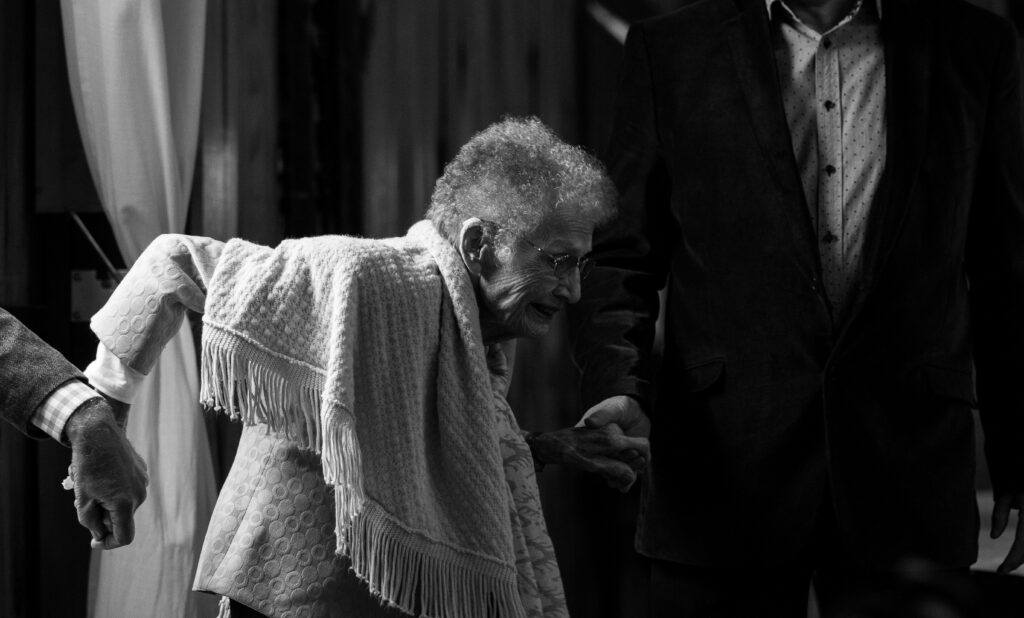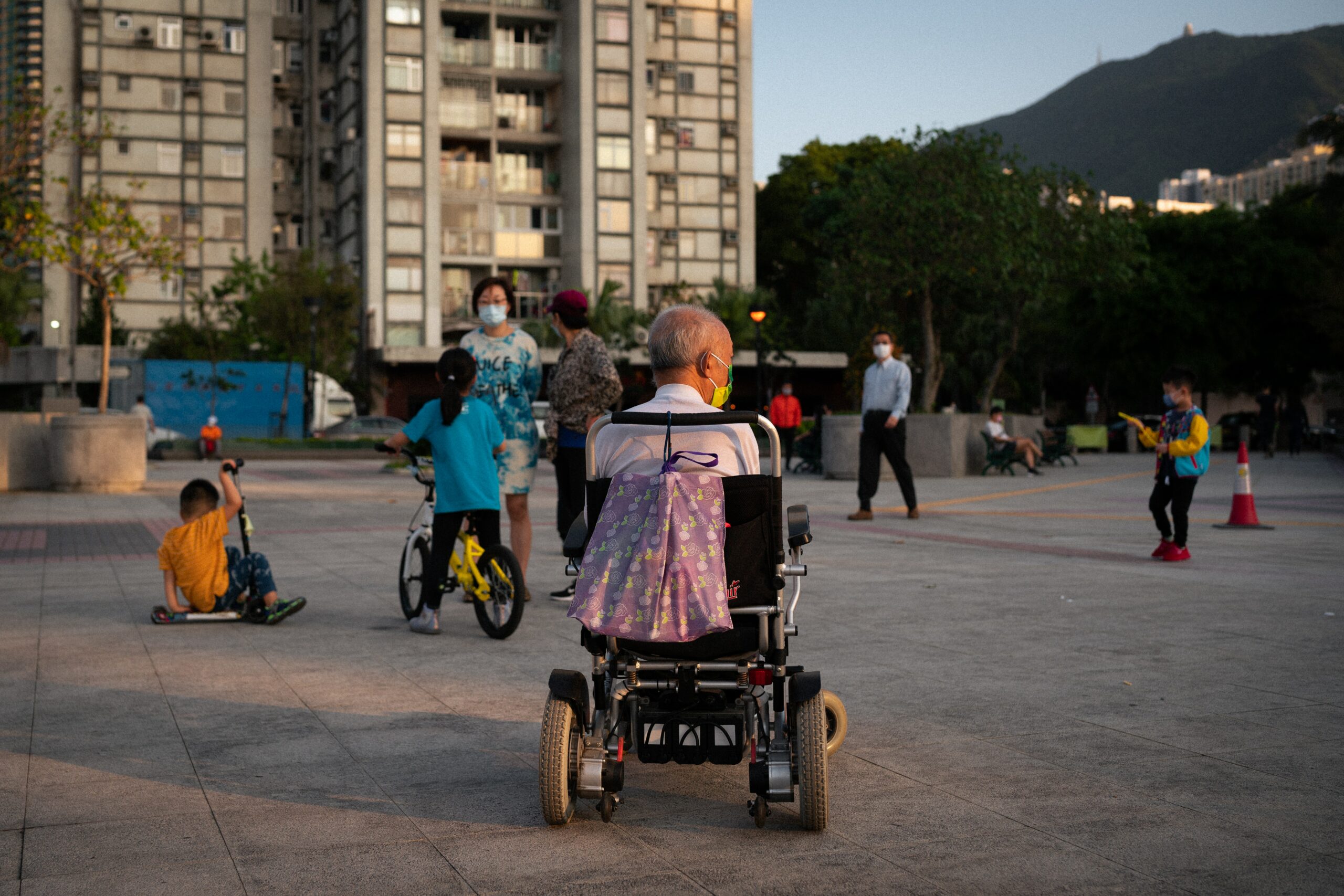Finding out about the three types of treatment:
Because of an illness, accident, or surgical procedure Rehabilitation for the elderly is needed .you may have had to leave the hospital with additional assistance.
Rehabilitation therapy falls into three broad categories:
Physiotherapy Occupational treatment Speech and language pathology Rehabilitative therapy is something you’ve heard about. In addition to that, there are a lot of options for senior care. As soon as possible, get your loved one back into the swing of things. It is most typically used following a surgery or a severe injury to speed up the healing process.
When it comes to seniors, it’s commonly utilized to ease the transition to a hip replacement or to help them get back on their feet after a fall. After a stroke, speech therapy for the elderly is frequently used. For patients with Alzheimer’s disease or other forms of dementia, rebuilding the brain circuits that govern speech is a significant advantage.

Speech and swallowing disorders and other linked health conditions can be treated using this therapy. Physical therapists devise exercise and strength training regimens to help their patients restore mobility after a severe injury or illness. Strengthening the body is the primary goal of physical therapy.
We are increasing the range of motion in the damaged area and allowing it to recover. Many therapies are used concurrently; therefore, it is essential to keep this in mind. Seniors were working out with a trainer in a gym. Physical and speech therapy may be needed by a senior recovering after a stroke or a surgical procedure. Today, we’ll focus on occupational therapy, which is the final category. Remain self-sufficient in the face of health difficulties.
There are five ways to find the best senior care for you or a loved one. Excellent nursing care can be provided to patients whether they are in an inpatient or outpatient rehabilitation center. Think about the criteria you’ll use to evaluate the community you’re considering for your loved one.
To help you choose the finest solutions for the senior in your life, here are a few recommendations and critical considerations. First, get your foot in the door. When deciding on your loved one’s care, you must know what to look for. But there’s no substitute for seeing the neighborhood for yourself, meeting the caregivers, and establishing your impression.
Ask about the type of rehabilitation care they provide:
A pricing sheet doesn’t necessarily give the whole story when it comes to caring options. Other alternatives include a mix of both long-term and short-term care. Recovery from surgery is more straightforward in specific locations.
Multi-tiered care is available to the broader community. Consider whether the community you’re looking at is a rehabilitation center apart from the rest of the neighborhood.
Think about how you’ll feel when you’re done:
Those things will help make your loved ones stay a little more comfortable. Some towns and cities have more incredible luxuries than others. For example, providing daily meals and a hair salon or barber shop helps the elderly stay at the rehabilitation center and focus on healing.

Check out the room availability in rehabilitation centers:
In the end, there isn’t a one-size-fits-all solution; instead, it relies on your specific therapeutic needs and amount of attention.
It’s important to use common sense:
Trust your instincts if you’re trying to figure out what’s best for you or a loved one. Reflect on your feelings and spend time with folks you care about. Excellent nursing care can be provided to patients whether they are in an inpatient or outpatient rehabilitation center. As long as anything doesn’t feel right, listen to your gut.

